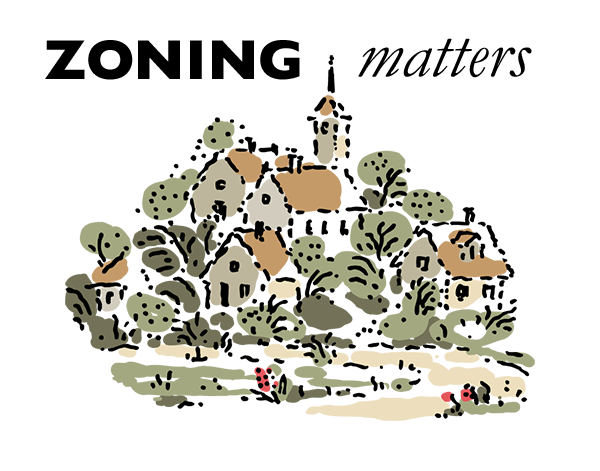Today’s Gazette features this letter from ZM member Adam Cohen (links added):
To the editor:
I would like to thank Northampton City Councilors Ryan O’Donnell and Gina-Louise Sciarra for their recent discussion on zoning [video] for larger infill projects.
Like many at the forum, I walked away concerned that we are moving forward with too little regulation, with only vague language to guide the Planning Board in evaluating how new developments will fit in to their surroundings.
As I voiced at the forum, I believe we have the guidelines we need right in our backyard. The Elm Street Historic District was formed to ensure that infill projects there harmonize with the rest of this beautiful city corridor. Elm Street’s Design Standards state, “When designating a district, the goal is not to freeze it in time, but to assure that when new building does occur, it is in a manner that reflects an understanding of and a compatibility with the existing character of the neighborhood…”
The Elm Street regulations include guidance on site patterns, building heights and how structures relate to what’s next to them. We also have the design guidelines for The Village at Hospital Hill, the development on the grounds of the old state hospital.
This booklet from 2003 has 33 pages of Traditional Neighborhood Design, with plenty of diagrams to assist developers, city planners and the general public when considering large infill projects. The best part about these guidelines is they are not unfamiliar or unvetted.
Local developers, planning staff, and property owners have been using them for years. I urge our city councilors, Planning Board members and planning staff to extend the principles in these guidelines beyond Elm Street and Village Hill, and apply them to all the infill receiving areas in Northampton.
This will give us growth that’s smart, fair, and harmonious.
Adam Cohen
Northampton
